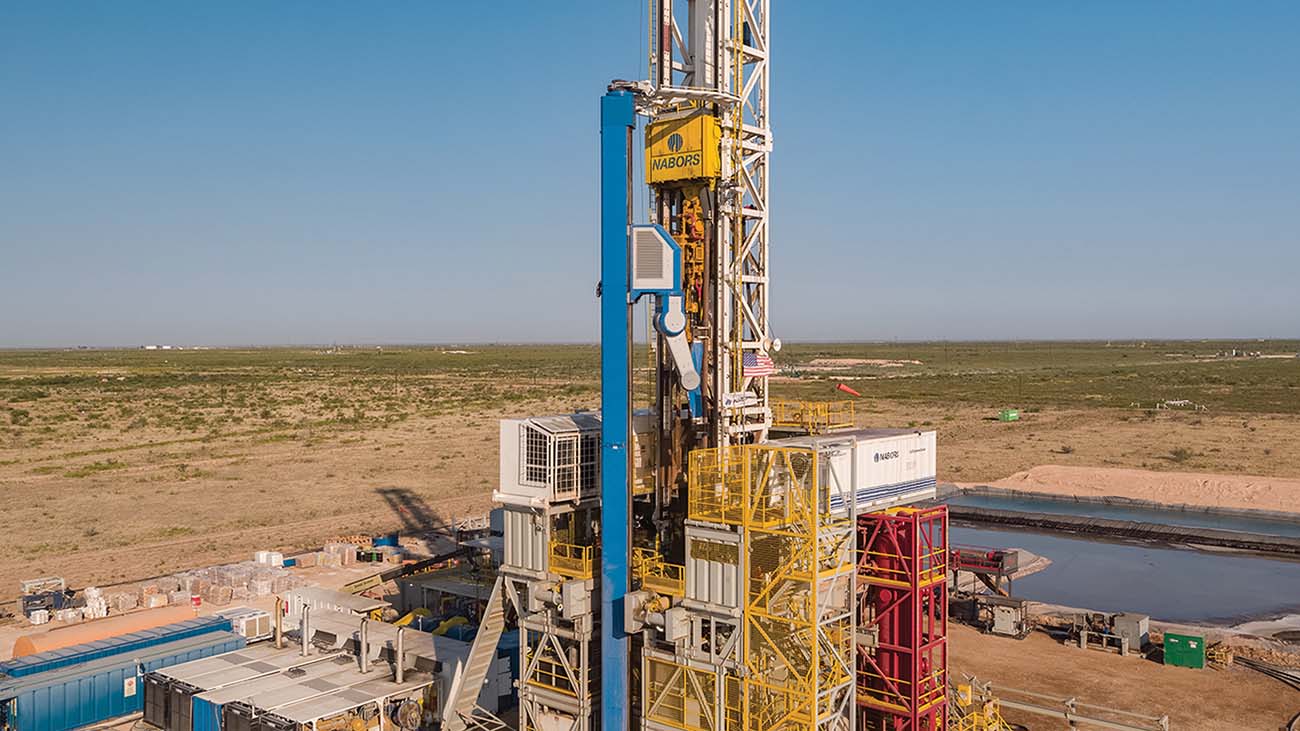As the global energy landscape evolves, regions like South Asia and Africa are becoming increasingly important for oil and gas exploration and production. However, the complexities of drilling operations in these areas necessitate a robust approach to drilling fluids engineering. This article explores the lessons learned from Port Harcourt, Nigeria, to Pakistan, highlighting strategies for effectively scaling drilling fluids engineering across diverse environments.
The Importance of Drilling Fluids Engineering
Drilling fluids are crucial for the success of drilling operations. They serve multiple functions, including:
- Cooling and lubricating the drill bit
- Transporting cuttings to the surface
- Maintaining wellbore stability
- Controlling formation pressures
Effective drilling fluids engineering can enhance operational efficiency, reduce costs, and minimize environmental impact.
Lessons Learned from Port Harcourt
Port Harcourt, a major oil hub in Nigeria, offers valuable insights into successful drilling fluids management:
1. Local Adaptation of Fluid Formulations
The geological diversity of Nigeria requires tailored drilling fluid formulations. Operators in Port Harcourt have learned to adapt fluid properties to local conditions, optimizing performance and minimizing risks. This approach can be mirrored in South Asia and Africa, where similar geological variations exist.
2. Emphasis on Sustainability
Environmental concerns are paramount in both regions. Port Harcourt has seen a shift towards eco-friendly drilling fluids that minimize environmental impact. Implementing sustainable practices in fluid engineering, such as using biodegradable additives, can enhance compliance and public perception in South Asia and Africa.
3. Investment in Local Expertise
Building a skilled local workforce is essential for effective drilling fluids engineering. Port Harcourt has benefited from training programs that equip personnel with the necessary technical skills. Investing in local talent in South Asia and Africa will foster innovation and ensure that operations are aligned with regional needs.
Scaling in South Asia: Insights from Pakistan
In Pakistan, the challenges of scaling drilling fluids engineering offer important lessons:
1. Collaboration with Local Stakeholders
Successful drilling operations require collaboration with local stakeholders, including government bodies and environmental organizations. Engaging these stakeholders early in the process can facilitate smoother operations and foster community support.
2. Use of Technology for Efficiency
Pakistan has embraced technology in drilling operations, utilizing real-time monitoring and data analytics to optimize fluid management. Implementing these technologies can enhance decision-making and improve operational efficiency in both South Asia and Africa.
3. Focus on Regulatory Compliance
Navigating regulatory frameworks is crucial for successful operations. In Pakistan, adhering to local regulations has been key to maintaining operational integrity. Establishing a clear understanding of regulatory requirements will be essential for companies operating in South Asia and Africa.
Strategies for Effective Scaling
To effectively scale drilling fluids engineering across South Asia and Africa, several strategies can be implemented:
1. Tailored Fluid Solutions
Developing customized drilling fluid formulations that account for local geological conditions will enhance performance and reduce risks.
2. Sustainability Practices
Adopting eco-friendly practices in drilling fluids management will not only ensure regulatory compliance but also improve community relations.
3. Investing in Technology
Leveraging advanced technologies, such as automation and data analytics, will streamline operations and enhance efficiency in drilling fluid management.
4. Building Local Capacity
Investing in training and development for local personnel will create a skilled workforce capable of addressing regional challenges and driving innovation.
5. Fostering Collaboration
Engaging with local stakeholders, including government agencies and environmental organizations, will facilitate smoother operations and enhance community support.
Conclusion
Scaling drilling fluids engineering across South Asia and Africa presents both challenges and opportunities. By learning from the experiences in Port Harcourt and Pakistan, operators can develop tailored strategies that enhance efficiency and sustainability in drilling operations. Emphasizing local adaptation, investment in technology, and collaboration with stakeholders will be key to unlocking the full potential of these regions in the global energy landscape. As the industry evolves, the importance of effective drilling fluids management will continue to grow, paving the way for successful exploration and production in diverse environments.







